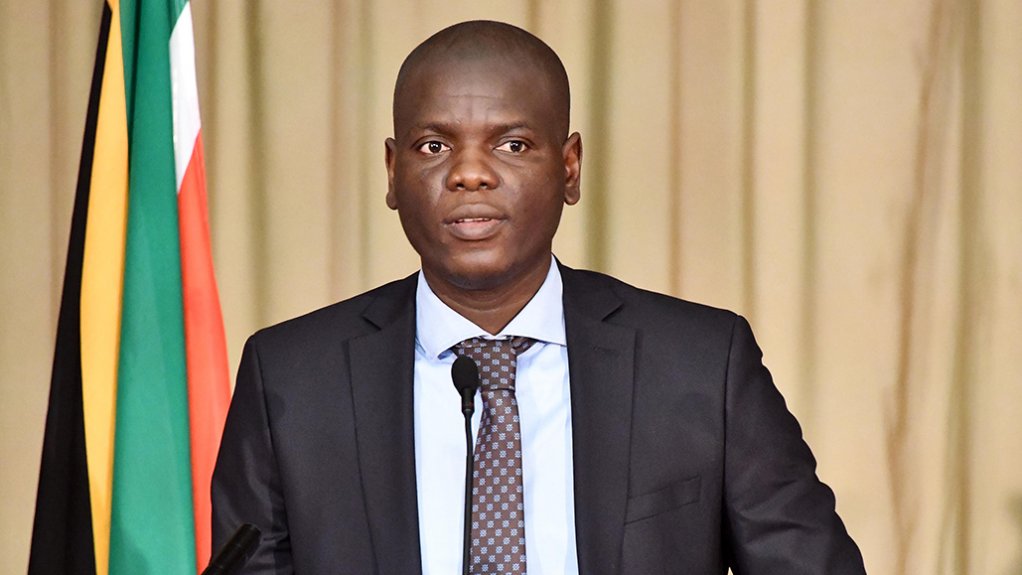Minister of Justice and Correctional Services Ronald Lamola said on Friday that without socioeconomic inclusion of the majority of South Africans, it is evident that the rule of law is under threat.
Lamola was hosting a webinar celebrating the twenty-fifth anniversary of South Africa’s Constitution under the theme ‘Deepening Constitutionalism, Respect for Rule of Law and the Promotion and Protection of Human Rights’.
The South African Constitution, in a democratic era, was approved by the Constitutional Court on December 4, 1996 and it came into effect on February 4, 1997.
“This year marks the twenty-fifth anniversary of the adoption of the South African Constitution which reconfigured our nation, from a nation marred by colonialism, racial subjugation, suppression of human rights and racial supremacy to one which strives for non-racialism, non-sexism, and unity in our diversity,” said Lamola.
He added that the civil unrest of the past few weeks was a reminder that the Constitution is not just an aspiration, but that it must be a lived reality.
“This is what our governance system must address with urgency, this is why we cannot delay economic freedom any longer. We must be honest by not only reflecting on misgovernance but by acting timeously against it. Failure to address misgovernance can only defer the full implementation of our Constitution,” he said.
According to Stats South Africa, there is significant disparity in poverty levels between population groups in South Africa.
In 2015, 9 out of every 10 poor persons in South Africa were black. Statistics indicate that 64.2% of black people live in poverty, while 1% of white people live in poverty.
There is a 90% chance that children born into poverty will also end up being poor, which perpetuates the cycle of poverty and undermines social mobility, Lamola stressed, adding that the Constitution be interpreted with the concept of originalism.
“The concept asserts that all statements in the Constitution must be interpreted based on the original understanding ‘at the time a Constitution was adopted’. There is no doubt that the drafters of the Constitution had in mind to unite South Africans with their diversity, uproot the economic imbalances and all forms of discrimination,” he said.
Additionally, he noted that economic freedom was a necessity that needed to be entrenched as a rule of law.
He said all South Africans from all walks of life needed to become activists to dismantle the legacy of apartheid.
“Social exclusions cannot be allowed to continue manifesting, these are detrimental towards our constitutional democracy and have the potential to undermine the gains we have made. We’ve got to learn from the past 25 years. There’ve been pitfalls and challenges, there have also been successes, but we should not be talking about inequalities at the fiftieth anniversary of the Constitution but a nation that has decimated inequality,” Lamola ended.
EMAIL THIS ARTICLE SAVE THIS ARTICLE ARTICLE ENQUIRY
To subscribe email subscriptions@creamermedia.co.za or click here
To advertise email advertising@creamermedia.co.za or click here











